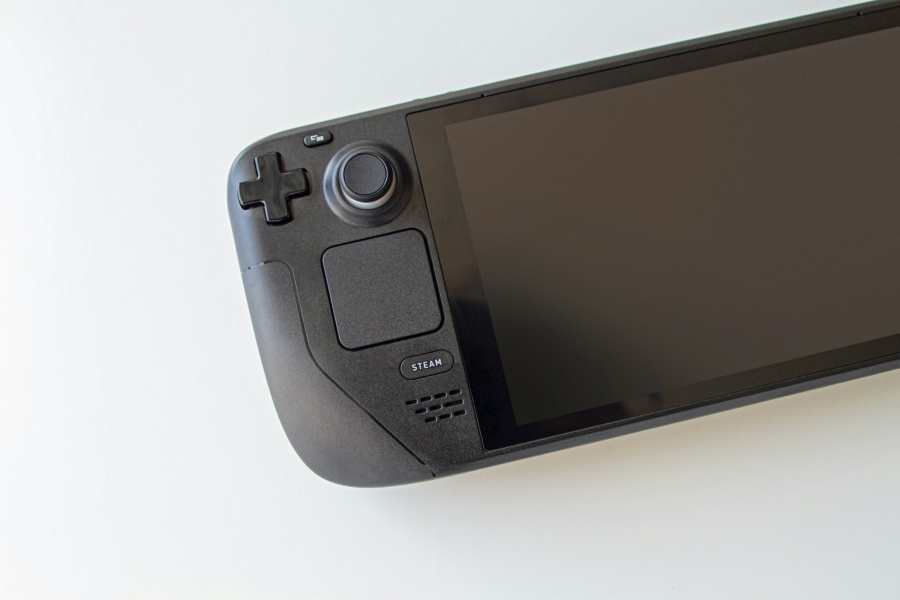Valve Reboots Steam Machine
As many have undoubtedly have seen, Valve announced yet another hardware product. This time it is called Steam Machine, not to be confused with Steam Machine (2015) from the same company. The first Steam Machine was announced DOA by reviewers soon after, even though some had previously expected Valve is finally making a landing in the living room against the console giants. From pure sales figures, the first Steam Machine sold around half a million units. That might mean something in gaming PC arena, but for consoles, where day one sales figure alone goes upward of a million unit, it wasn’t a competition.
It’s the figures that talk, and it’s the figures that neither Microsoft nor Valve wish to talk in depth. As of 2024, Xbox Series S and X, the console that will walk the path of hybrid from console side, made over 28 million sales figure. And we were told that was not enough. Valve, on the other hand, has experience selling 3.7 million handheld unit till 2024 for a market evaluated to be shipping 6 million. The market share Valve has in the handheld might sound optimistic, until we put it into other handheld consoles for context: Game Gear by Sega sold 10 million, PS Vita sold 15 million, and PSP sold 84 million. Again, numbers are wildly different in the console league. None of the figures support the claim Valve’s products are reshaping gaming. If anything, it supports exactly opposite — the company is still serving a niche market.
This is a common problem surrounding hybridization in gaming. The hype the two manufacturers are hoping to sell — don’t forget Microsoft — is the synergy to be gained from combining two or more platforms. But the alleged synergy always has fine prints following it. The most successful “hybrid” console, hybrid between stationary and portable console, Nintendo Switch sold 154 million units. Switch was known to have weaker performance than its competitors but Switch was picked for games. It is also an only portable console from three remaining console giants. Switch 2 has already sold 10 million units: same problems, same choices. It is then only odd the supposed literatures supporting hybrid models try best to stay away from the success of Nintendo. Instead we get Xbox team’s marketing campaign that is nothing short of early 2000s weirdness. These hypes cannot be taken at face value.
Going back to the newly announced Steam Machine, we didn’t get the price point for the machine. However, one can start with the guesswork for the performance of Steam Machine based on the spec sheet, some of the claims Valve has made, and the reviews released since. Some of the coverages are already setting Steam Machine on par with baseline PS5, which is technically a current console and sold millions, except it was released back in 2020. For average gamers who wish to buy a “gaming hardware” in a living room, anything that will run the game of their desire will suffice. Steam Machine certainly doesn’t make a strong case for it: a. for higher performance, there is PS5 Pro or Xbox Series X, b. for customization, there is still a healthy pre-built gaming PC market, and c. for bigger platform, all three console giants have better track record with game optimizations and support. Given that LCD version of Steam Deck is sold at $399, and a refurbished PS5 from official Sony website is also available at $399, Valve needs some creative pricing strategy for Steam Machine to compete $399 to $499 (PS5 Digital Edition, new). Otherwise, Steam Deck isn’t changing the market.
There are several leeways out of this situation, either as a console or as a PC. But I fear Valve’s intuition as a PC-first company is compromising its strategic options. Average gamers are not looking for the best performance machine to game, the “best” in the criteria of many is how streamlined the experience is. It would be one thing to sell a pre-built PC with SteamOS installed, another to call it a hybrid between PC and console. In fact, it’s hard to call it a PC with Linux installed — most people would need Windows. But it’s harder to market it as a competitive console product, as the Steam Machine, from what has been revealed so far, doesn’t have a kick of its own. If it were to compete as a console, it needs to have games that entice the gamers; if it were to compete as a pre-built PC, it needs to be competitively priced. And if it were to compete as a hybrid, it better do both arguably well.
